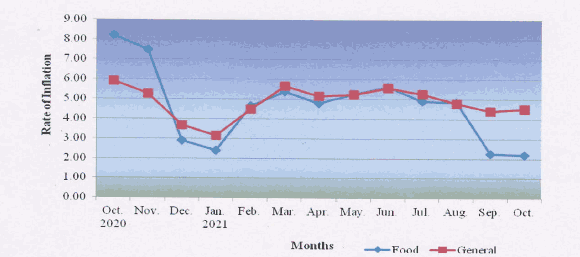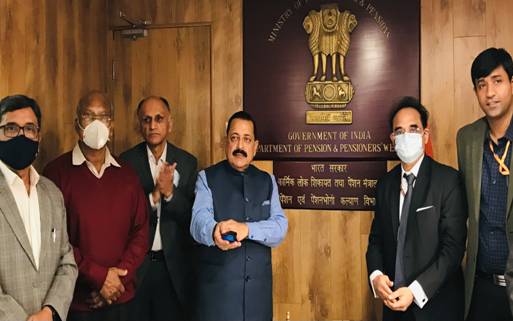Views of DFS on Coverage under Old Pension Scheme after Courts’ Judgement न्यायालयों के फैसलों के बाद पुरानी पेंशन योजना के अंतर्गत कवरेज के संबंध में वित्तीय सेवा विभाग के विचारGOVERNMENT OF INDIAMINISTRY OF FINANCEDEPARTMENT OF FINANCIAL SERVICESRAJYA SABHAUNSTARRED QUESTION NO. 196TO BE ANSWERED ON 301! NOVEMBER, 2021 (TUESDAY)/ /AGRAHAYANA 9,1943 (SAKA)VIEWS OF DFS ON COVERAGE UNDER OLD PENSION SCHEME AFTER COURTS’ JUDGEMENTS196. Shri Neeraj Shekhar:Will the Minister of FINANCE be pleased to state:a) Whether Department of Pension...
Read More ->>














 →
→










